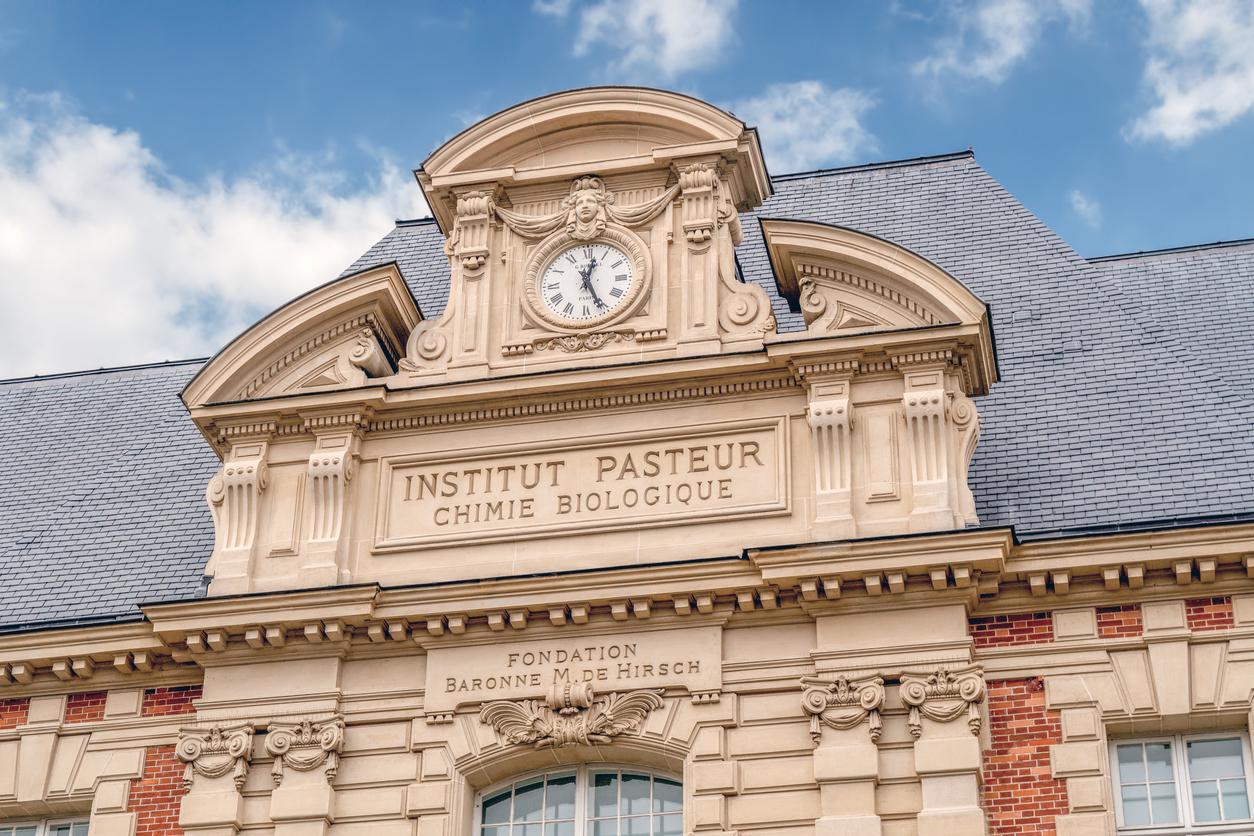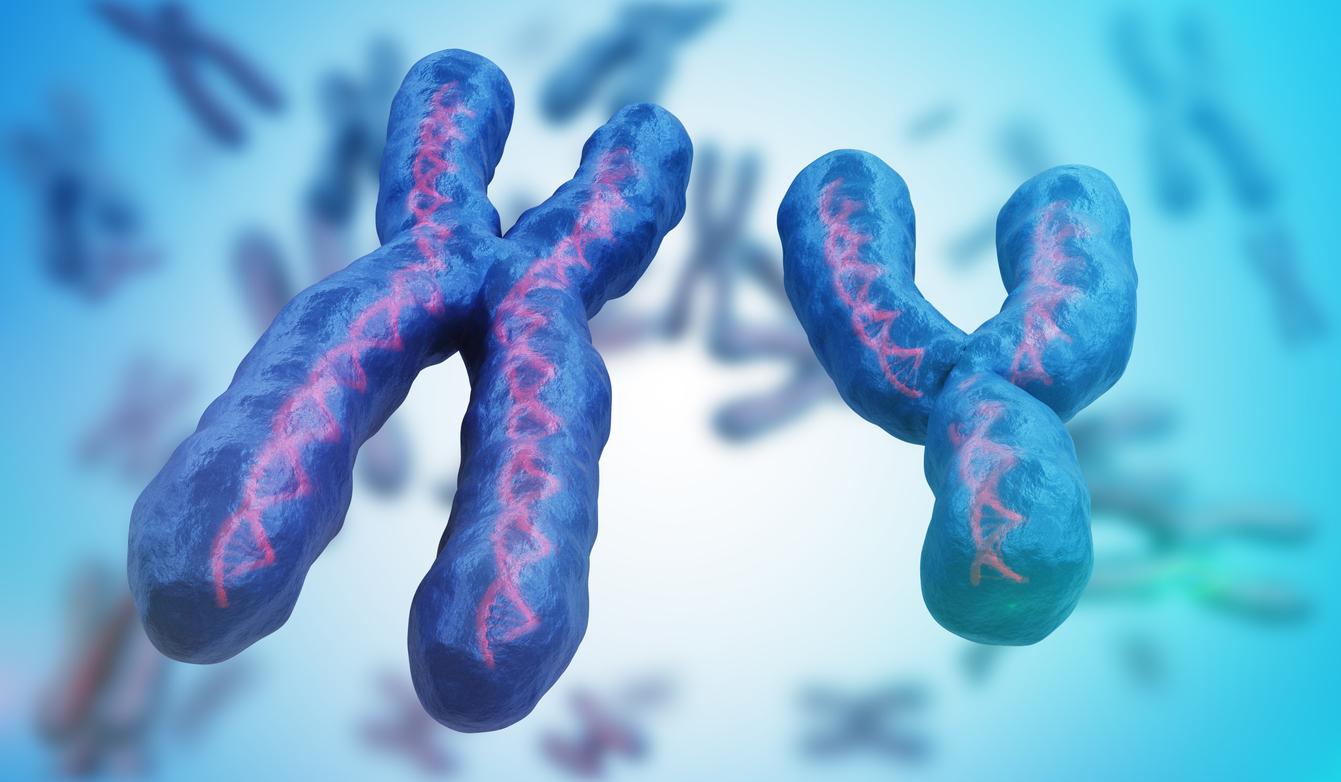In France, approximately 700,000 people, including 100,000 children, live with a autism spectrum disorder (ASD), according to Inserm figures. Last year, the government launched a national strategy 2018-2022 around the disease, focused on five priorities: research, diagnosis, early intervention, education and support for affected adults.
The day before the World Autism Awareness Day, which is being held this Tuesday, April 2, Sibeth Ndiaye clarified the details of this fourth autism plan, endowed with 344 million euros over five years. The new government spokesperson assured, resumed by BFM-TVthat this work would begin to bear fruit from the start of the next school year.
Five key areas
● The creation of a “ten clinical head positions in child psychiatry”as well as the development of “three centers of research and excellence”, announces Sibeth Ndiaye. A team whose objective will be to understand the problems encountered on a daily basis by people with ASD. “Sleep disorders, the expression of pain, things that are very specific and that will change the problem of people with autism and their families”detailed Sophie Cluzel, Secretary of State for People with Disabilities on the antennaEuropean 1.
● The institution of the intervention and early diagnosis package for occupational therapy (€1,500), psychomotricity (€1,500) and psychology (€300) sessions set up after the assessment (€140), so that these treatments cost the families nothing. THE deployment of around thirty specialized diagnostic platforms is also planned by June 2019. The goal? Early detection of ASD.
Today, the quest for diagnosis and treatment can be an obstacle course. The average waiting time is 446 days in the country, which undermines early detection essential to treat these disorders. According to a survey by the Autism Info Service association, 46% of parents or carers of autistic people took more than six months to find a health professional. 34% took the same amount of time to locate information relating to education or administrative procedures.
● A increase in the number of teaching units for autism, from small classes to kindergarten. Currently, according to the spokesperson, there are 112 of them. They should be tripled by 2022. Of the 180 new units, 30 must be created as of the start of the school year. In elementary school, six have already opened and ten will follow in September. A hundred teachers should also be trained by 2020. According to the association SOS autisme France, less than 20% of autistic children are currently in school.
● THE doubling of the amount of the supported employment credit. It should reach 12 million euros in 2019 and 17 million euros in 2020. The measure is intended to encourage the autonomy of autistic adults and to facilitate their professional integration. No official statistics exist on the employment of this population. But according to the Ministry of Labour, the unemployment rate for workers with disabilities is twice the national average. The association SOS autisme France estimates that 98% of people affected are unemployed.
● The creation of self-help groups and respite homes in the departments, to improve support for loved ones. These structures will allow temporary care, for a few hours or days, of autistic children and adults, so that their families or caregivers can rest.
From today, families also now have access to a free information number, 0800 71 40 40, and can connect on the Autism Info Service website. Five full-time people will be responsible for answering their questions. A new help, which allows them to no longer get lost in the multitude of information available online, and not always reliable.
Read also :
- Can we detect autism with a hearing test?
- Autism: the stigma involved in the poor mental health of patients
















